Understanding the Importance of Retina Testing
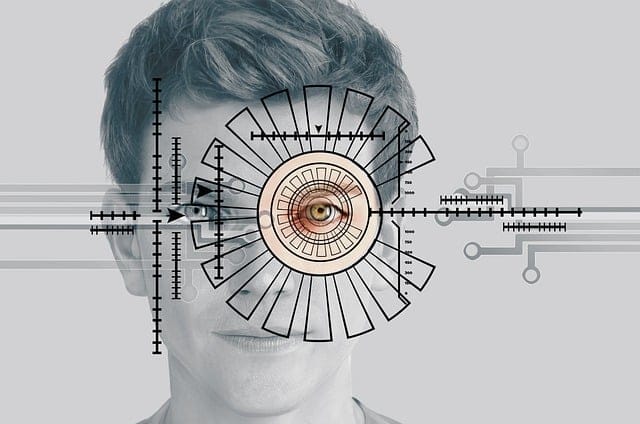
The health of your eyes is crucial. It's not just about clear vision, but also about detecting potential health issues.
Retina testing plays a key role in this process. It's a method used to examine the retina, the thin layer of tissue at the back of your eye.
This test can reveal abnormalities that a basic vision test might miss. It's a vital tool in diagnosing and managing various eye conditions.
Techniques like electroretinography and fundus photography are often used. They can help detect diseases like macular degeneration early on. It is essential to use structure and functional data to make conclusive diagnosis and track progression. Having access to functional testing ets the best chance at early detection as cellular dysfunction can be detected well before the damaged tissue can be observed.
Understanding the importance of retina testing can help you take better care of your eyes. It's a step towards maintaining your overall eye health and vision quality.
In this article, we'll delve into the world of retina testing. We'll explore its importance, the procedures involved, and how it contributes to eye health.
What is Retina Testing?
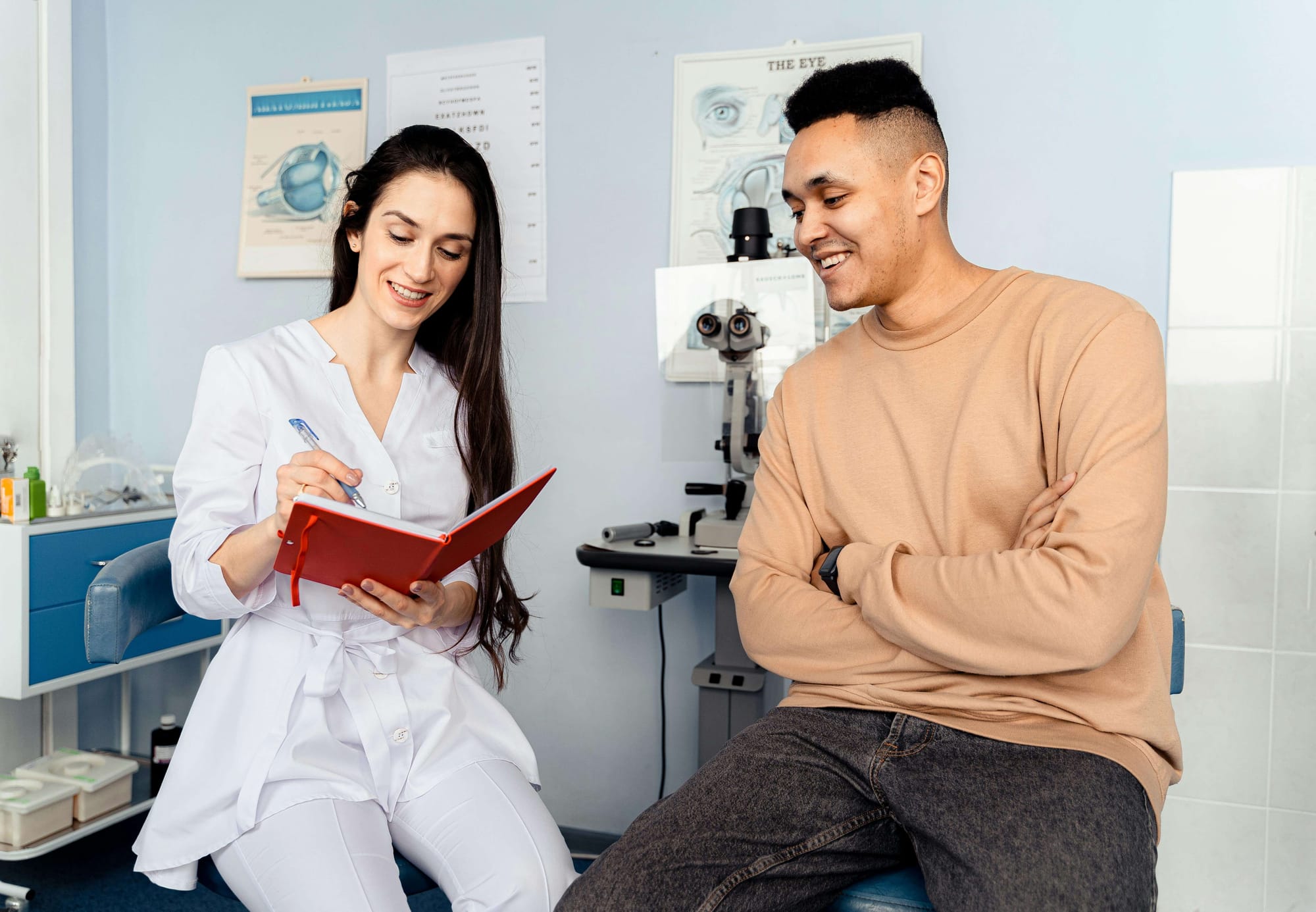
Retina testing examines the retina's health and function. The retina is critical for processing visual information.
This testing is more thorough than a regular vision test. It can uncover issues that might not affect your vision yet.
Various methods are employed during retina testing. Each one serves to provide different insights into eye health.
This testing is non-invasive and usually painless. It's an essential component of comprehensive eye care, ensuring early detection of potential problems.
Why Retina Testing is Essential for Eye Health
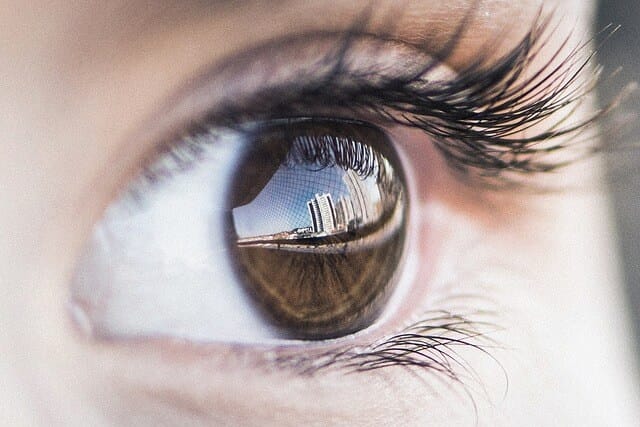
Retina testing plays a vital role in maintaining optimal eye health. It helps in diagnosing various eye diseases early.
The retina is a crucial part of the eye. It can often indicate the presence of conditions like macular degeneration.
Regular testing can catch abnormalities before symptoms appear. This leads to early treatment and better outcomes.
Here are some key reasons why retina testing is crucial:
- Identifies diseases before symptoms worsen
- Helps in monitoring existing conditions
- Assists in creating personalized treatment plans
Those with underlying health conditions, like diabetes, particularly benefit. They're at higher risk for retinal issues.
Overall, retina testing supports eye health comprehensively. It aids in preserving your vision by addressing potential risks.
Types of Retina Testing
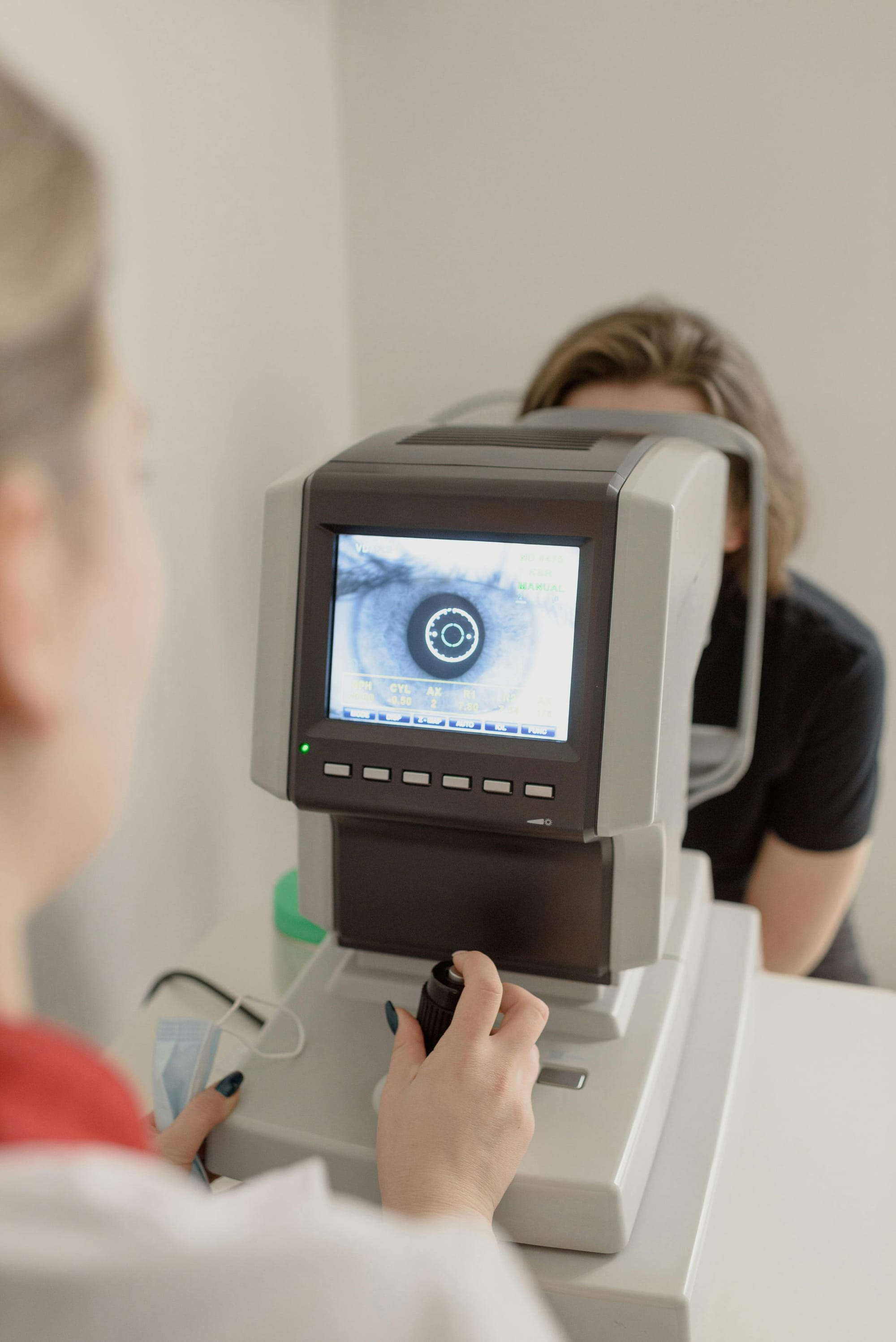
Optical Coherence Tomography (OCT)
OCT is an imaging technology that precise lasers to "scan" the retina for tissue damage. It is capable of showing damage in layers of the retina and ophthalmic vasculature. It presents data very similar to histology slides of tissue, but does not require a biopsy. OCT is now considered the gold standard of retina testing, even though it requires the disease to be advanced to the point that irreparable damage can be observed.
Electroretinography (ERG)
Electroretinography (ERG) is a specialized test that measures the electrical responses of retinal cells. It evaluates the retina's function by detecting signals from its various cell types. ERG is particularly useful in diagnosing conditions like retinitis pigmentosa and cone-rod dystrophy. By analyzing these signals, eye doctors can assess retinal health and identify any dysfunction.
ERG is a non-invasive procedure. It typically involves placing electrodes on the cornea or skin around the eye. The procedure is safe and comfortable, offering valuable insights into retinal disorders.
Standardized Auto Perimetry (SAP)
The psycho-physical functional test Auto-Perimetry has been widely used to assess regional differences to stimulus, primarily in diagnosis of Glaucoma. Functional changes in patients can be observed in visual field tests and
Fundus Photography
Fundus photography is another common retina testing method. It involves capturing detailed images of the retina, optic disc, and macula. These images help monitor the progression of eye diseases over time. It's especially helpful in tracking conditions like macular degeneration.
The procedure provides a permanent record of the eye's interior. Eye care professionals use these records to compare changes over time. This aids in the early detection of new anomalies or changes in the eye's health. Fundus photography is often part of a comprehensive eye exam, offering a clear view of the retina's status.
Dark Adaptometry in Retina Testing
A dark adaptometer measures the intensity of light and color perception in the retina. This device helps assess how well the retina perceives light under various conditions. By evaluating color perception, it aids in diagnosing specific visual abnormalities. Biophotometer testing is quick and painless, providing essential insights into retinal health.
Detecting and Managing Macular Degeneration
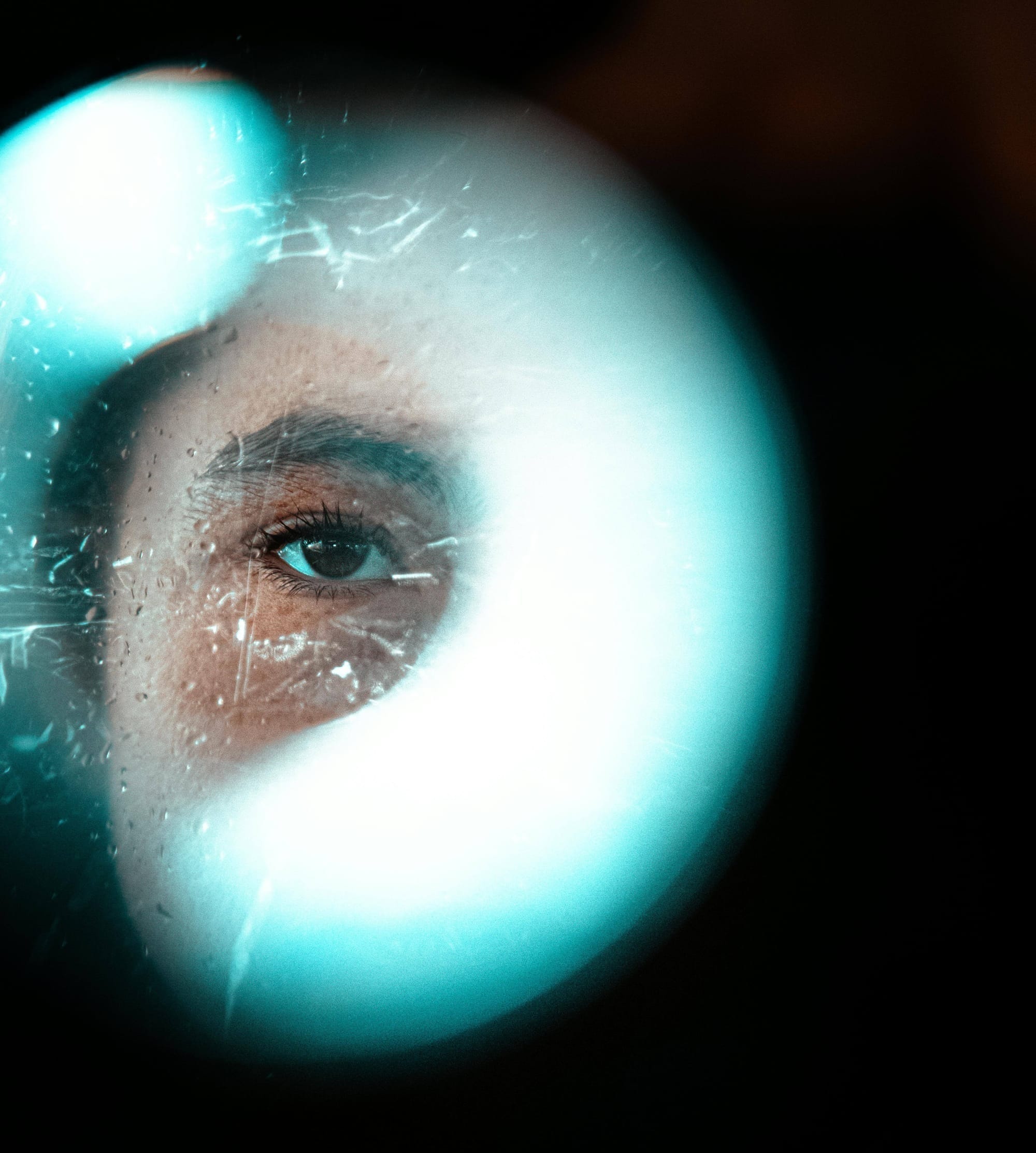
Macular degeneration is a leading cause of vision loss. It primarily affects the macula, the central part of the retina responsible for sharp vision. Retina testing plays a crucial role in its early detection. Identifying this condition early allows for better management options.
With retina testing, eye doctors can differentiate between dry and wet forms of macular degeneration. Each form requires a different treatment approach. Regular testing helps track disease progression and effectiveness of treatments.
Symptoms of macular degeneration include blurred vision and distortion of straight lines. Retina testing can detect changes before symptoms even begin. Early intervention can significantly slow the disease's progression, preserving vision for a longer time.
The Retina Testing Procedure: What to Expect
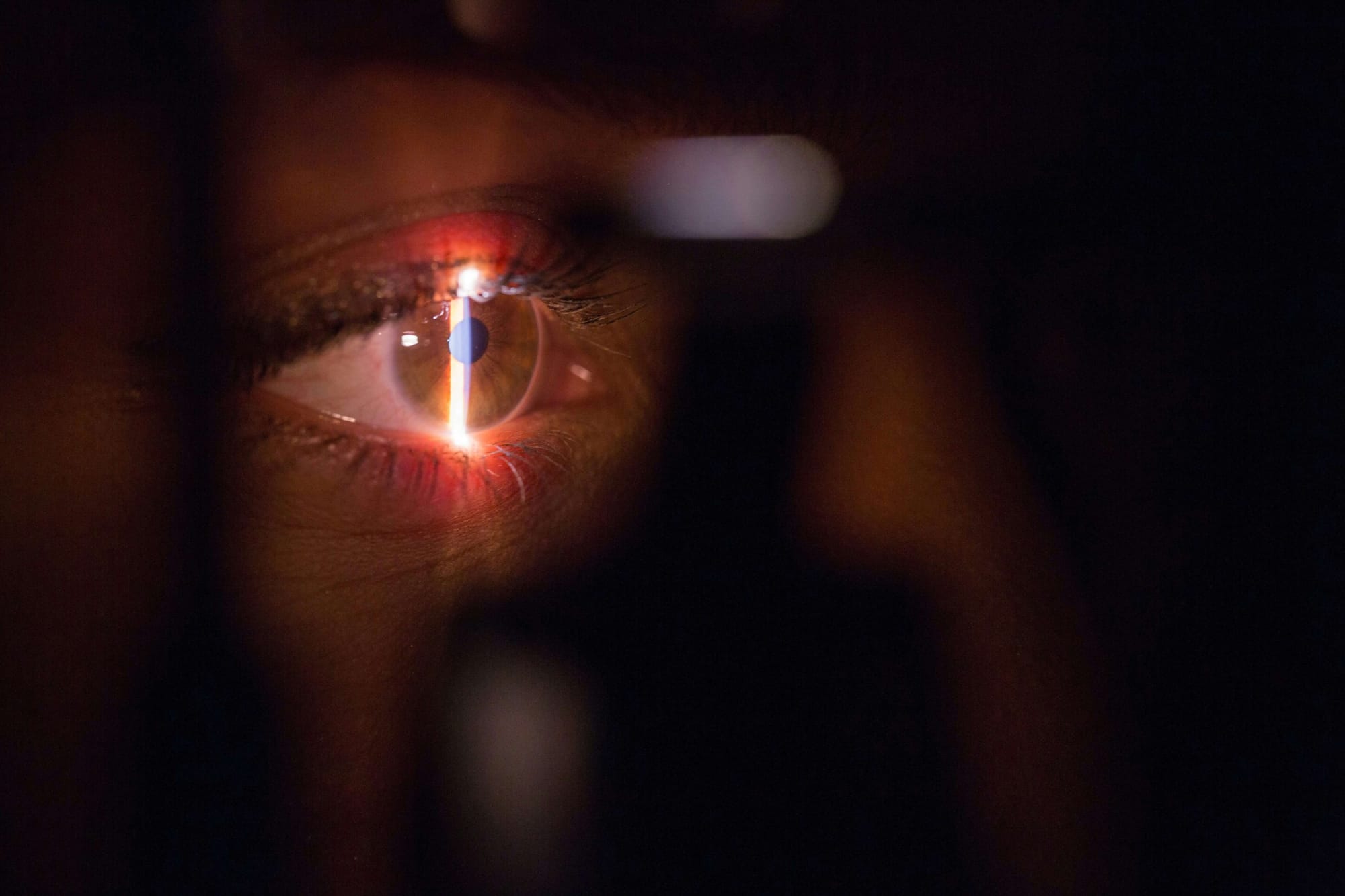
Before the Test
Before undergoing retina testing, there are a few simple preparations. You might be advised to avoid caffeine, which can affect certain test results. It's also helpful to bring sunglasses, as your eyes may be sensitive to light afterward.
Discuss any medication you're taking with your eye care provider. This ensures a smooth testing process. It's also a good idea to share any symptoms you've been experiencing.
During the Test
The retina testing procedure is typically quick and non-invasive. You will sit comfortably as the specialist examines your eyes. Advanced equipment measures various aspects of your retinal health.
Sometimes, dilating drops are used for a better view. These allow a thorough inspection without discomfort. Each test varies slightly, but all aim to provide vital information on eye health.
After the Test
Once the retina test is complete, you may experience slight light sensitivity. Sunglasses help with this temporary effect. Vision should return to normal after a short while.
Your eye care provider will discuss the results with you. They will explain what the findings mean for your eye health. Follow-up appointments might be scheduled based on these results.
The Role of Retina Testing in Diagnosing Other Conditions

Retina testing goes beyond identifying issues confined to eye health. It plays a significant role in diagnosing systemic conditions. For example, high blood pressure and diabetes can lead to detectable changes in the retina.
Eye specialists can spot signs of diabetic retinopathy early through retina tests. This condition, linked to diabetes, can severely impact vision if not treated timely. As changes in the blood vessels of the retina occur, they offer clues to these underlying health issues.
High cholesterol and hypertension are also detectable through retinal imaging. Optometrists and ophthalmologists view the blood vessels at the back of the eye for any abnormalities. Regular retina testing can thus signal the need for broader medical check-ups.
Retina tests provide insight into overall health, reflecting how interconnected our bodily systems are. They allow for early intervention, which is crucial for effective management and treatment. Thus, comprehensive eye exams should be part of regular health assessments.
Preparing for Your Retina Test: Tips and Advice

Getting ready for your retina test can ease any anxieties. Knowing what to expect helps ensure a smoother experience. Preparation might vary depending on the specific test your eye care provider recommends.
Here are some tips to consider:
- Discuss any current medications with your eye care specialist.
- Plan to bring sunglasses as your eyes might be sensitive to light post-test.
- Avoid caffeine on the day of the exam, as it might affect certain results.
Being prepared can make the process more comfortable and stress-free. Taking these simple steps can enhance the accuracy of your results.
Addressing Common Concerns About Retina Testing
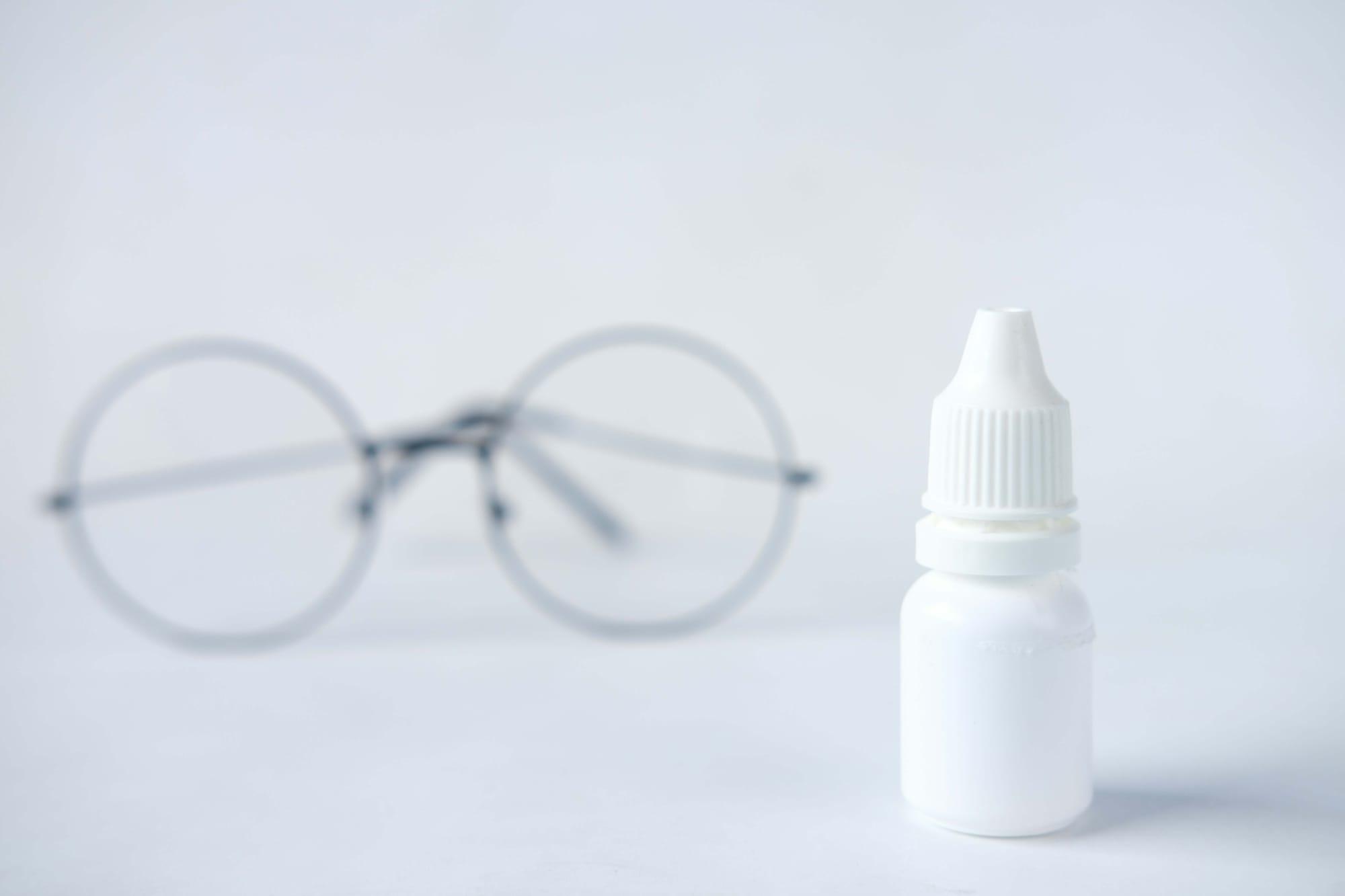
Many people worry about discomfort during eye exams. Fortunately, retina testing is generally painless and non-invasive. Most procedures do not require direct contact with the eye.
Another common concern is the fear of eye drops or bright lights. Eye care professionals will guide you through each step. By discussing any worries beforehand, you can alleviate much of the anxiety.
Future of Retina Testing: Technological Advancements

The future of retina testing looks promising with technological breakthroughs. Innovations are continuously making tests more accurate and faster. Devices are becoming more patient-friendly, providing a better experience.
Telemedicine is likely to transform remote retinal assessments. This progress ensures easier access to diagnostic tools, even at home, potentially reaching more patients than ever before.
Key Takeaways
- Retina testing is a crucial component of comprehensive eye care, examining the health and function of the retina beyond basic vision tests.
- It aids in early detection of eye diseases and conditions, often before symptoms appear, leading to better treatment outcomes.
- Various techniques are used in retina testing, including:
- Electroretinography (ERG): Measures electrical responses of retinal cells
- Fundus Photography: Captures detailed images of the retina, optic disc, and macula
- Dark Adaptometer: Assesses light intensity and color perception in the retina
- Retina testing is essential for detecting and managing macular degeneration, a leading cause of vision loss.
- The procedure is typically non-invasive, painless, and involves minimal preparation.
- Beyond eye health, retina testing can help diagnose systemic conditions like diabetes, high blood pressure, and high cholesterol.
- Regular retina testing is recommended as part of overall health assessments, especially for those with underlying health conditions.
- Technological advancements are improving the accuracy, speed, and accessibility of retina testing, with telemedicine potentially expanding its reach in the future.
- Taking a proactive approach to eye health through regular exams and retina testing can help preserve vision and maintain quality of life.
Conclusion: Taking Action for Your Eye Health

Retina testing is vital for maintaining eye health. Early detection of issues can preserve vision for years to come.
Schedule regular eye exams, and consider speaking with your eye care professional about retina testing. A proactive approach can safeguard your vision and quality of life.
If you're interested in experiencing the latest advancements in retina testing technology, click here to learn more about Evōq's innovative retinal imaging solutions and how they can help you and your eye care professional better monitor and protect your vision.
